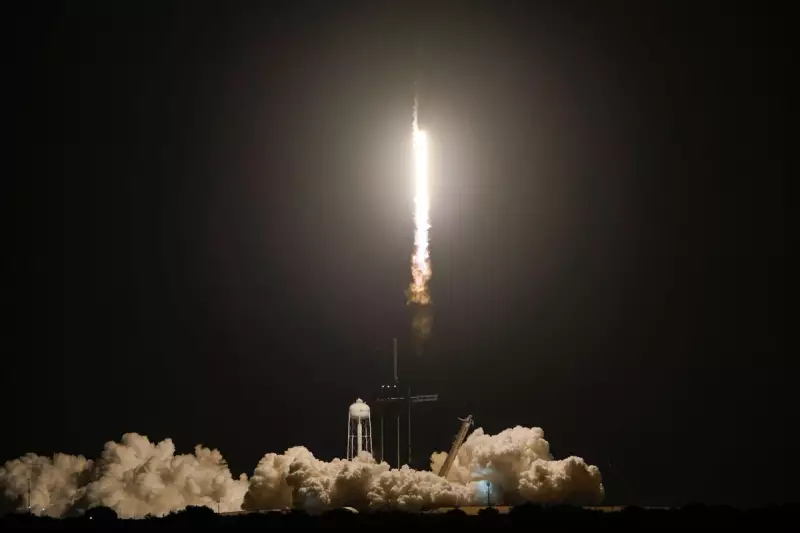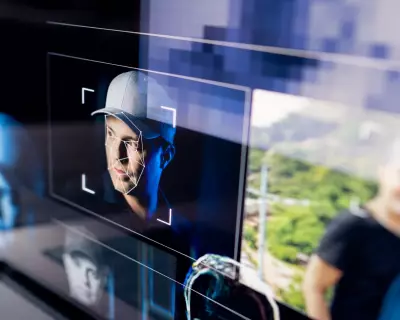
In a bold move that could redefine the future of interplanetary travel, NASA is charging ahead with ambitious plans to develop a nuclear-powered rocket engine. This cutting-edge technology promises to dramatically shorten the gruelling journey to the Red Planet, potentially halving the current travel time.
The concept, known as nuclear thermal propulsion (NTP), is not entirely new but is now receiving a significant modern push. The proposed engine would use a nuclear reactor to superheat a propellant like liquid hydrogen, creating immense thrust far more efficiently than conventional chemical rockets.
A Quantum Leap in Space Travel Efficiency
The advantages of such a system are profound. Compared to traditional engines, a nuclear thermal rocket could be twice as efficient, meaning spacecraft would need to carry significantly less propellant. This freed-up space and mass could be used for more scientific instruments, larger crew quarters, or additional shielding against deep-space radiation.
This efficiency translates directly into speed. While a conventional trip to Mars takes approximately seven to nine months, a nuclear-powered vessel could potentially make the same journey in just four to six months. This reduced transit time is critical for astronaut safety, minimising their exposure to harmful cosmic rays and the psychological challenges of deep-space confinement.
Overcoming Technical and Political Hurdles
The road to a functioning nuclear rocket is fraught with challenges. Engineers must design a reactor that is both lightweight and powerful enough for spaceflight, while ensuring it remains completely safe until it reaches a secure orbit. The public and political perception of launching nuclear material into space also presents a significant hurdle that NASA and its partners must carefully navigate.
Despite these obstacles, the potential rewards are too great to ignore. A successful NTP system would not only enable faster crewed missions to Mars but could also revolutionise logistics within our solar system, making rapid trips to the outer planets and their moons a more realistic prospect for future generations.





